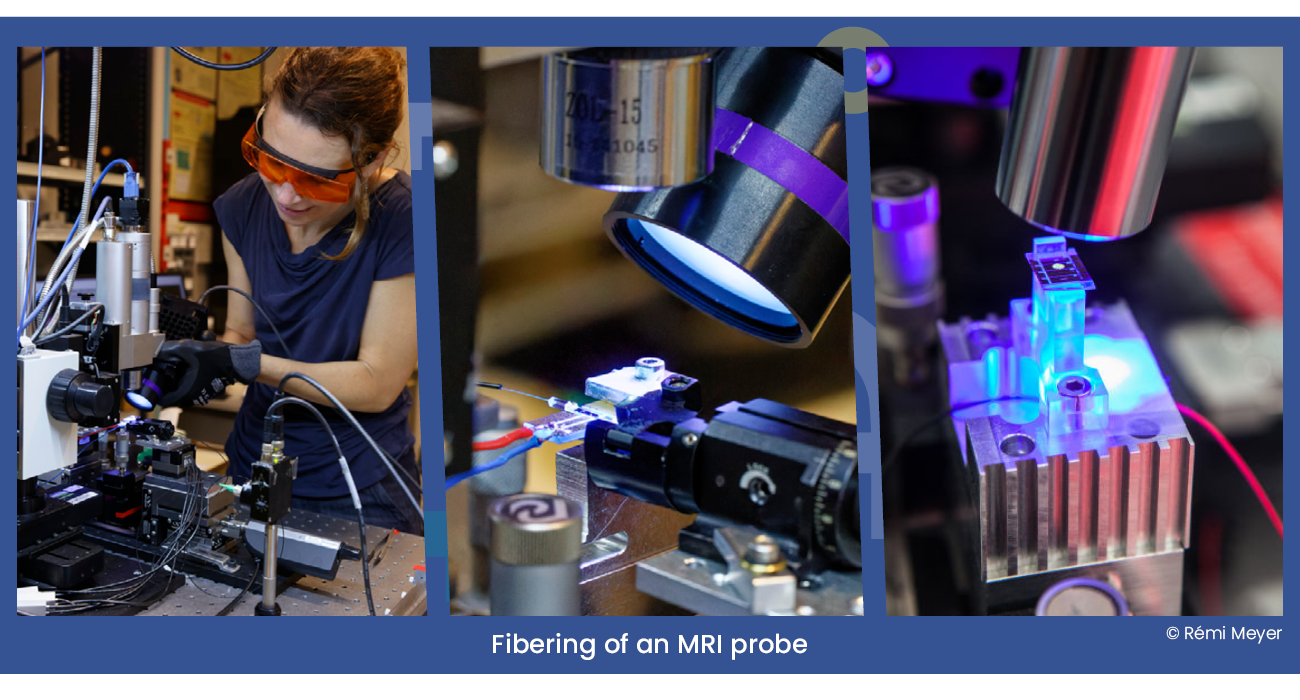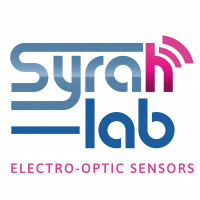Discover the SYRAH-lab solution

The concept:
SYRAH-lab probes are probes that can be fully dielectric, ideal in environments where metallic antennas would create electric arcs (cold plasmas, ultra high voltages, etc.). The probes are developed in electro-optical materials, whose refractive index varies in proportion to the applied electric fields.

SYRAH-lab probes detect the amplitude as well as the polarization and the phase of the surrounding electric fields. This characteristic, together with a lateral spatial resolution of 10 µm, allows high resolution vector mappings, both in the near field and in the far field. The orientations of the electro-optical materials are chosen so as to guarantee temperature independence.
Specificities of SYRAH-lab:
We integrate optical micro-guides within electro-optical materials: lithium niobate (LiNbO3), Bismuth and Silicon Oxides (BSO). In comparison to bulk probes where optical functionalities for controlling polarization and focusing light are assembled, optical guides allow for increased confinement of light and therefore improved lateral spatial resolution , as well as a one-piece integration of functionalities which promotes robustness in harsh environments.

Another specificity of SYRAH-lab probes is the declination of electro-optical guides in thin membranes with low losses (see video), which favors a low effective dielectric permittivity, and increases the electro-optical interaction within the guide. This innovative membrane technology also improves probe sensitivity by a factor of two compared to non-membrane configurations. One of the targeted applications is the measurement of SAR ( Specific Absorption Rate ) by direct measurement of electric fields.
How the technology works:
The originality of SYRAH-lab is to convert massive electro-optical probes into photonic circuits integrating optical guides, polarization control, and field concentrators.


